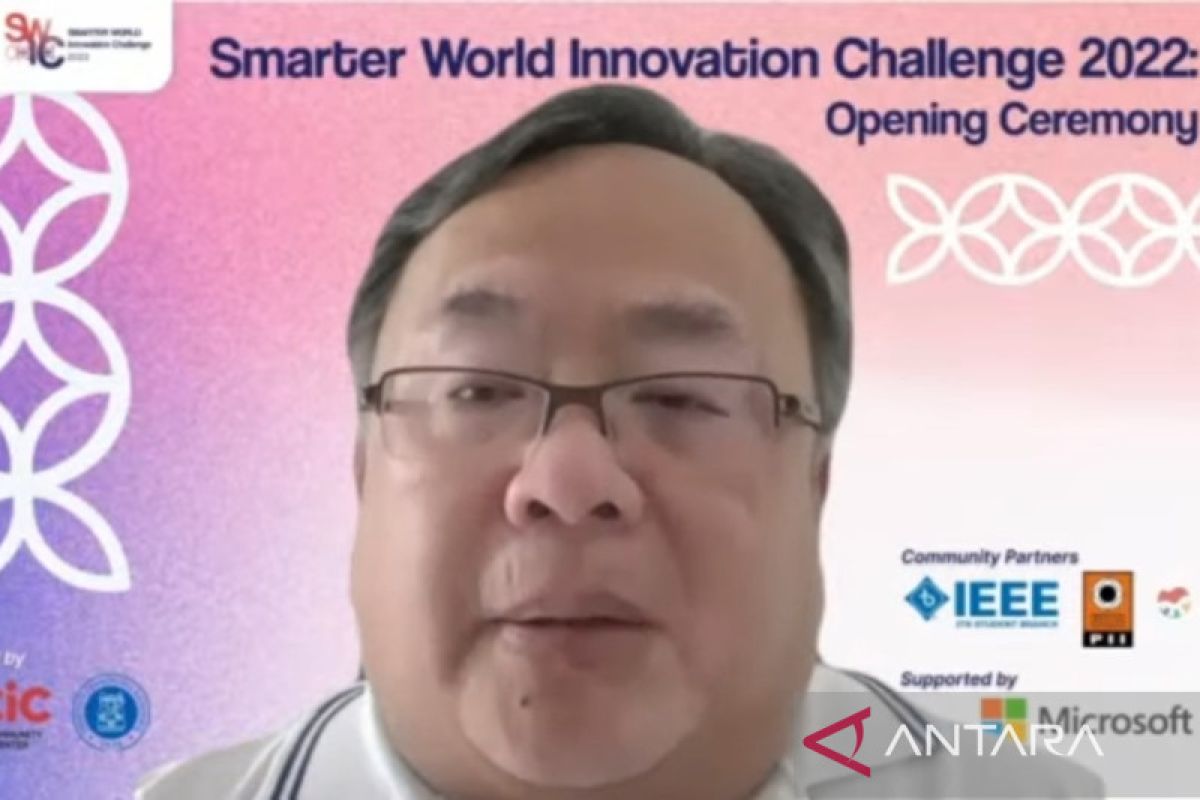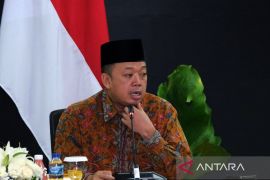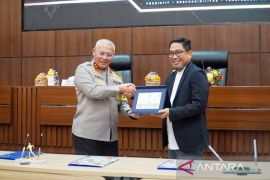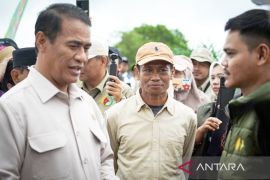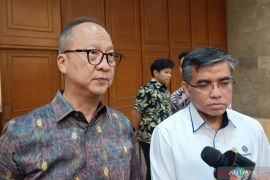Jakarta (ANTARA) - Lead Co-Chair of T20 Indonesia Prof. Bambang P. S. Brodjonegoro stated that digital transformation becomes key to change the digital status quo or outdated technologies.
"Digital transformation becomes the key to change the digital status quo," the professor noted at the launch of Smarter World Innovation Challenge (SWIC) 2022 themed "Unleashing Global Urban and Rural Digitalization Potential" held by the Task Force 2 Think 20 Indonesia here on Tuesday.
Brodjonegoro remarked that despite the rapid spread and fast adoption of digital technologies, several problems arose among G20 countries based on demographics, industry, and socioeconomic status categories among citizens. This, he believes has raised concerns about the inclusiveness of digital transformation.
Apart from issues of inclusiveness, Brodjonegoro also drew attention to the issue of maintaining the status quo that is mainly due to the use of outdated technologies that may no longer be supported by their creators.
He said this issue could create a barrier when companies look to integrate all systems with new technology.
"This issue typically arises when the government maintains outdated procurement methods instead of actively seeking new technologies. The cybersecurity race increases as we keep using the legacy system or outdated technologies. Lack of updates pose challenges, as the system is prone to cyberattacks or wastefulness," he explained.
Related news: Digital management innovation key to global digital transformation
When people fail to keep up with digital information, Brodjonegoro believes it may drive away emerging talent in the digital labor market. Workplace culture tends to become stagnant, thereby creating a barrier to digital transformation, he pointed out.
Hence, he assessed that digital transformation is the key to change the digital status quo. He said it would be a major challenge to transform digital infrastructure. In addition, geographical and administrative barriers, regulatory uncertainty, high capital expenditure, and lack of basic infrastructure, such as internet and electricity, can be other barriers.
Hence, Brodjonegoro opined that digital transformation should be accompanied with guidelines and regulations, so that transformation can enhance security, improve efficiency, and address emerging social and organizational challenges.
He emphasized that further investment in digital infrastructure, especially high-speed broadband networks, are therefore essential to support an innovative and inclusive digital economy in G20 countries.
Lastly, he is upbeat that the SWIC 2022 event would increase public awareness on how digital technology could improve the innovation curve in solving G20 key priority areas as well as encouraging the youth to participate and be part of the largest G20 youth competition.
Related news: Ministry seeks to ensure digital transformation benefits people


